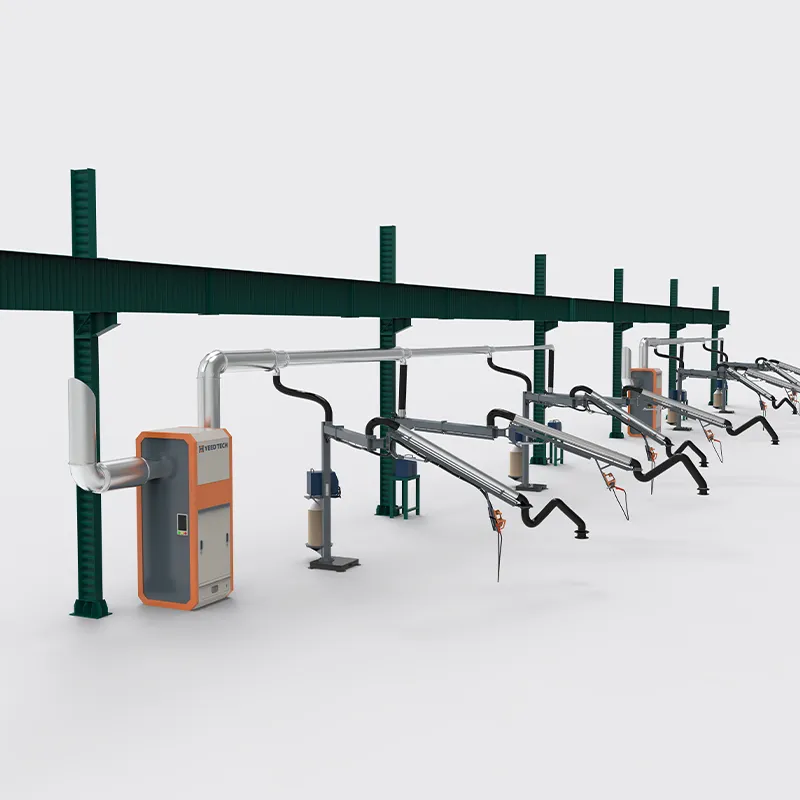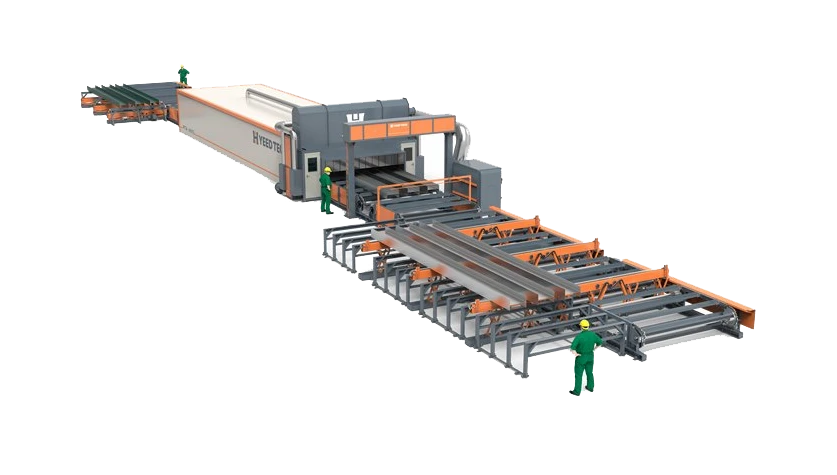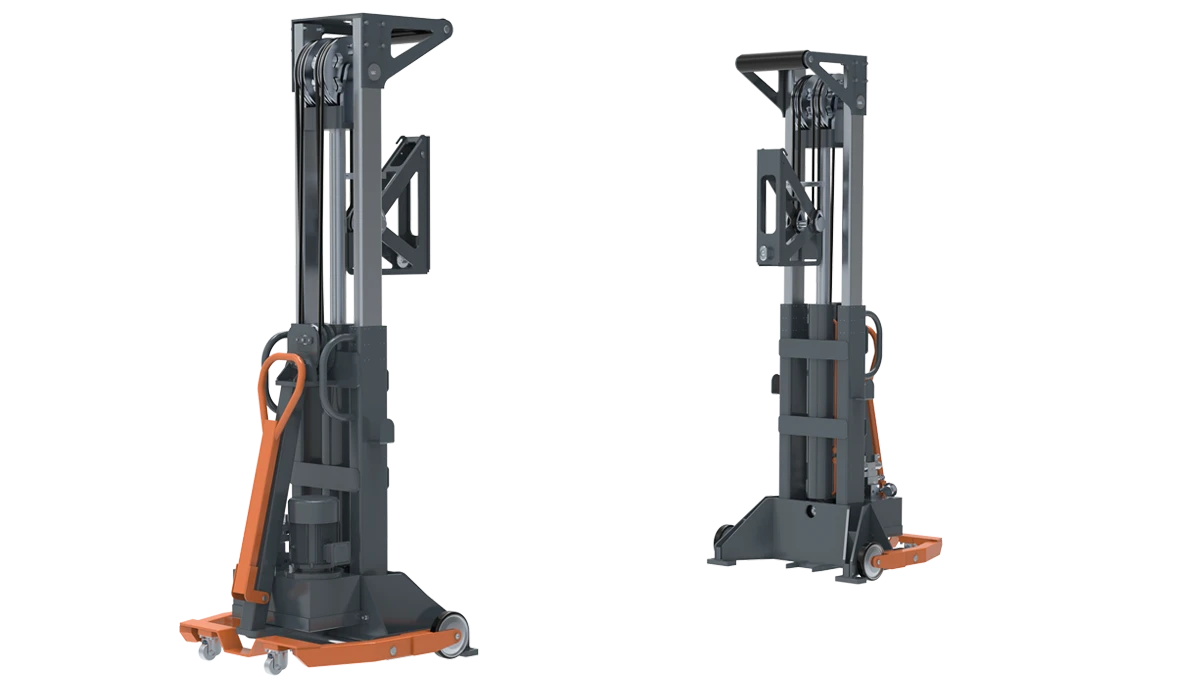
- Afrikaans
- Albanian
- Amharic
- Arabic
- Armenian
- Azerbaijani
- Basque
- Belarusian
- Bengali
- Bosnian
- Bulgarian
- Catalan
- Cebuano
- China
- China (Taiwan)
- Corsican
- Croatian
- Czech
- Danish
- Dutch
- English
- Esperanto
- Estonian
- Finnish
- French
- Frisian
- Galician
- Georgian
- German
- Greek
- Gujarati
- Haitian Creole
- hausa
- hawaiian
- Hebrew
- Hindi
- Miao
- Hungarian
- Icelandic
- igbo
- Indonesian
- irish
- Italian
- Japanese
- Javanese
- Kannada
- kazakh
- Khmer
- Rwandese
- Korean
- Kurdish
- Kyrgyz
- Lao
- Latin
- Latvian
- Lithuanian
- Luxembourgish
- Macedonian
- Malgashi
- Malay
- Malayalam
- Maltese
- Maori
- Marathi
- Mongolian
- Myanmar
- Nepali
- Norwegian
- Norwegian
- Occitan
- Pashto
- Persian
- Polish
- Portuguese
- Punjabi
- Romanian
- Russian
- Samoan
- Scottish Gaelic
- Serbian
- Sesotho
- Shona
- Sindhi
- Sinhala
- Slovak
- Slovenian
- Somali
- Spanish
- Sundanese
- Swahili
- Swedish
- Tagalog
- Tajik
- Tamil
- Tatar
- Telugu
- Thai
- Turkish
- Turkmen
- Ukrainian
- Urdu
- Uighur
- Uzbek
- Vietnamese
- Welsh
- Bantu
- Yiddish
- Yoruba
Container Hauling with Forklifts for Efficient Transportation Solutions
The Role of Forklifts in Container Transportation
In the bustling world of logistics and freight transport, the handling of shipping containers is a pivotal task that ensures efficient movement of goods across the globe. One of the most important tools in this operation is the forklift. These versatile machines are integral to the loading, unloading, and transportation of containers in various settings, particularly in ports, warehouses, and distribution centers.
Forklifts, especially those designed for container handling, exhibit powerful capabilities, allowing operators to lift and move heavy loads with ease. They are equipped with specialized attachments and sturdy frames engineered to handle the unique weight and shape characteristics of shipping containers. By utilizing forklifts, businesses can significantly increase operational efficiency. This leads to reduced labor costs while promoting a safer working environment.
.
Moreover, forklifts are not only used for transporting containers horizontally but also vertically. In warehouses, for instance, containers may need to be stacked to maximize space. Forklifts equipped with extendable forks can easily elevate containers to various heights, thus optimizing warehouse storage and ensuring that goods remain organized and accessible. This versatility of forklifts makes them indispensable in the logistics industry.
รถยกเพื่อเคลื่อนย้ายตู้คอนเทนเนอร์

The evolution of forklift technology has led to the development of electric forklifts and hybrid models, which are gaining traction in the industry. These modern forklifts are more eco-friendly, producing less noise and having a lower carbon footprint compared to traditional diesel-powered models. As companies increasingly adopt sustainable practices, electric forklifts offer a promising solution, aligning with global efforts to reduce environmental impact.
However, the operation of forklifts, particularly in busy environments like ports, requires strict adherence to safety protocols. Operators must be properly trained to handle these powerful machines, and regular maintenance must be conducted to ensure that the machines function properly and safely. This includes inspecting lifting systems, brakes, and tires, as well as providing adequate training to minimize the risk of accidents in the workplace.
A major challenge in container transportation involves the distribution of empty containers. These forklifts are essential for repositioning these empty units within the yard or transportation routes to ensure they are ready for subsequent shipments. Efficient management of empty containers prevents bottlenecks and facilitates smoother logistics operations.
In conclusion, forklifts are a cornerstone of the container transportation process. Their ability to efficiently handle heavy loads, adapt to various working conditions, and align with sustainability efforts underscores their importance in modern logistics. As global trade continues to expand and evolve, the reliance on advanced machinery like forklifts will grow, shaping the future of the logistics and supply chain industry. Investing in advanced forklift technology and ensuring proper training for operators will be crucial as companies strive to meet the demands of an ever-changing market landscape. Forklifts will remain at the heart of container movement, driving efficiency and safety in logistics operations around the world.
Products Categories
Latest News
-
Unmatched Mobility and Efficiency in Container Handling Equipment
NewsJun.26,2025 -
Streamlined Approaches and Equipment for Container Handling
NewsJun.26,2025 -
Revolutionizing Cargo Management: Solutions for ISO Container Handling
NewsJun.26,2025 -
Equipment Insights: Revolutionizing Container Handling Operations
NewsJun.26,2025 -
Critical Components for Efficient Shipping Container Handling
NewsJun.26,2025 -
Advanced Equipment and Systems for Efficient Container Storage and Handling
NewsJun.26,2025 -
Unrivaled Components in Structural Engineering Solutions
NewsMay.28,2025











